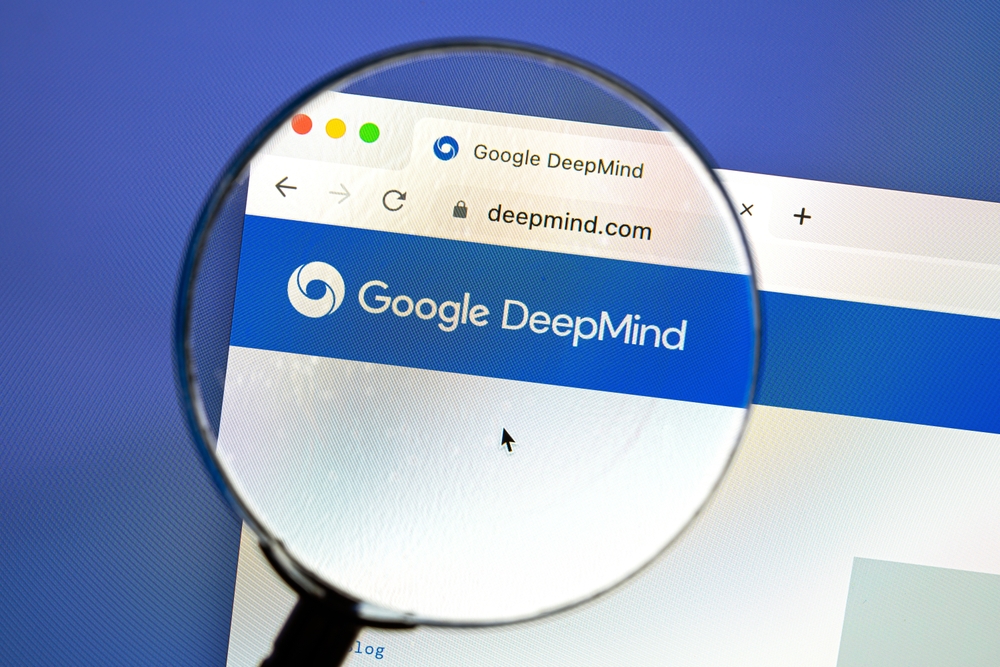Google’s AI laboratory, DeepMind, has announced a breakthrough in identifying genetic mutations that could lead to diseases.
Known as AlphaMissense, the new AI model has the capability to classify 89% of all possible “missense” variants in human genes, according to Pushmeet Kohli from Google DeepMind.
This represents a dramatic improvement over current methods, which have only classified 0.1% of these genetic variants as either benign or disease-causing.
Understanding genetic mutations
DNA, the building block of life, is composed of four chemical bases: adenine (A), cytosine (C), guanine (G), and thymine (T).
During embryonic development, the sequence of these bases is read to produce proteins, which are essential for forming cells and tissues.
However, even a single misplacement in these sequences can result in malfunctioning proteins, leading to disease.
This is where “missense” mutations come into play – when a single base is substituted in a DNA sequence, potentially altering the produced protein and its function.
How AlphaMissense works
AlphaMissense applies machine learning (ML) algorithms to examine missense variants, inspecting their prevalence in humans and closely related primates.
The AI model then classifies the variants as either benign or pathogenic, providing a judgment and a measure of confidence in its prediction.
AlphaMissense builds upon DeepMind’s earlier work with AlphaFold, which deciphered the shape of nearly all proteins in the human body last year.
“Researchers can now focus their efforts on the new areas that they were not aware of and we have highlighted as potentially disease-causing,” said Kohli.
According to the BBC, Genomics England, in collaboration with the NHS, has already tested the tool. The NHS has a longstanding relationship with DeepMind, headquartered in London, England.
Dr. Ellen Thomas, the deputy chief medical officer at Genomics England, stated, “The new tool is really bringing a new perspective to the data. It will help clinical scientists make sense of genetic data so that it is useful for patients and for their clinical teams.”
AlphaMissense is expected to expedite the diagnosis process and assist in identifying new treatment pathways and could be particularly valuable in tackling rare genetic disorders and conditions such as cystic fibrosis, sickle-cell anemia, or cancer.
One of DeepMind’s longstanding missions is to apply AI in healthcare, and AlphaMissense is their latest entry in an impressive portfolio of life science-centric AI developments.
The research behind AlphaMissense has been published in the journal Science, and the code has been published on GitHub.





